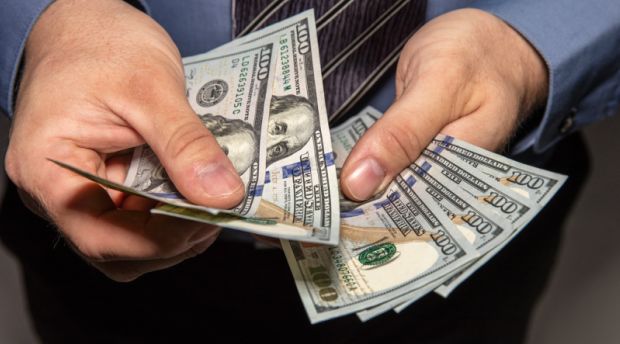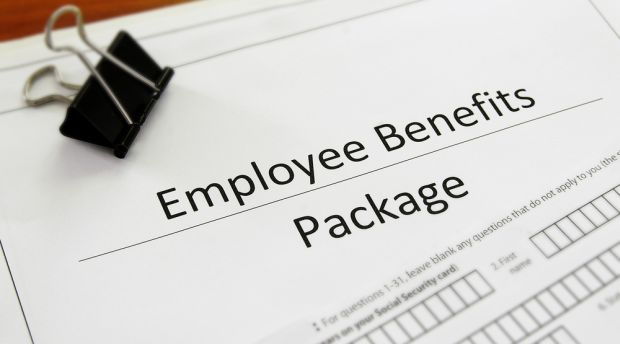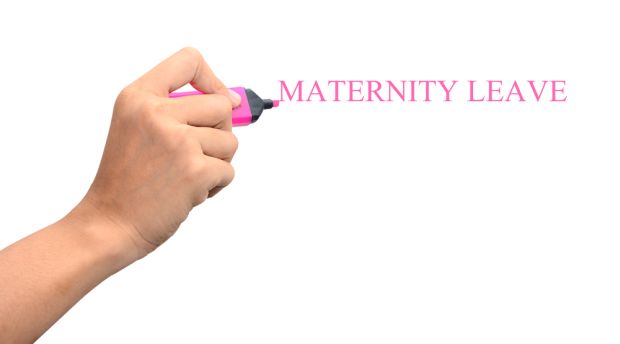Don’t Be Too Disappointed about a Lower End-of-Year Bonus
Post Views 871Summary: If you receive an end-of-year bonus that is smaller than you expected, follow this advice to not get too bummed.
Who doesn’t love getting a year-end bonus? A little extra money at the end of the year never hurts anyone. You know the figure you got last week and start anticipating that same figure again. Just don’t go down the same road as Chevy Chase in National Lampoon’s Christmas Vacation and start putting deposits down on a swimming pool with the assumption that you will be receiving a big fat check.
Mentally spending your bonus before you actually receiving can make the actual amount disappointing. The average end-of-year bonus ranges from $300 to $500. Larger companies can generally afford larger bonuses reaching over $1,000. The amounts will vary every year based on how much the company can afford, so assuming you will get the same amount every year is a mistake.
So what do you do when you finally receive that bonus and it is significantly lower than you thought? The first step is to take a deep breath and not take the amount personally. Human resources expert Andra Winokur Newman said, “I think employees…should have a strong understanding prior to bonus day, what their bonus is based on. They should understand the state of affairs of their company and their company’s profitability. They should also know what the bonus pool is and how their slice is calculated.”
If the amount is startling, you can approach HR to understand how the amount was calculated but don’t go in thinking you are going to get more money out of them. Winokur Newman added, “Having an open ended conversation to understand the process better and help manage your expectations is fine. It’s all about it in a way that’s completely respectful. You can say, ‘Can you help me understand how you got to this number?’… That’s a productive dialogue.”
There is a very small chance that a mistake was made. Career coach Angela Copeland said, “I once received a performance bonus that was considerably less than expected. My manager praised my work for being awesome, but the bonus just didn’t reflect it. I had a calm, level-headed discussion where I honestly asked if he felt I was exceeding expectations. He did, and we compared numbers. It turns out, he was estimating my bonus on an incorrect target. In the end, I received more money because I brought up the question.”
In the end, you should be grateful for any amount of bonus. Anything is better than nothing and at least you have a job that provides some kind of extra compensation. If the company is struggling, you can do your part to help promote the company to increase their profit. Take the bonus you do receive and set aside 10 percent for something special that you want. The rest should be used to pay off a bill or save for an emergency fund. You can also choose to “invest in yourself” by using the bonus money to take a class.
Have you been surprised by the amount of a bonus, big or small? Share your experiences with us in the comments below.
To learn more about how to handle money talks, read these articles:
- Top 5 Tips for Year-End Bonus Planning
- Talking Your Way Out of a Tight Salary Spot
- 11 Common Salary Issues People Face
Photo: flickr.com
Don’t Be Too Disappointed about a Lower End-of-Year Bonus by Amanda Griffin



 Are Companies Required to Provide Benefits? Ask the HR Guy
Are Companies Required to Provide Benefits? Ask the HR Guy  Parental Leave Policies Becoming Common Benefits
Parental Leave Policies Becoming Common Benefits  5 Ineffective Benefits
5 Ineffective Benefits  Decorating a Corporate Office with Minimal Expense
Decorating a Corporate Office with Minimal Expense  Perks to Ask for Instead of a Raise
Perks to Ask for Instead of a Raise  How to Return to Work After Maternity Leave
How to Return to Work After Maternity Leave  Companies That Make Food Part of the Schedule
Companies That Make Food Part of the Schedule  Should You Bring Your Dog to Work or Not
Should You Bring Your Dog to Work or Not